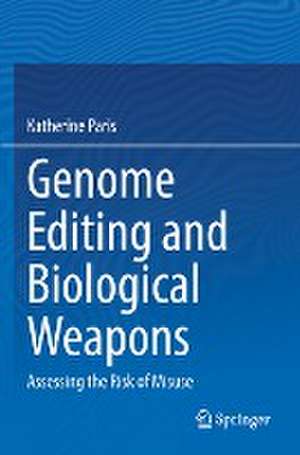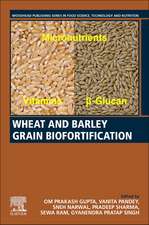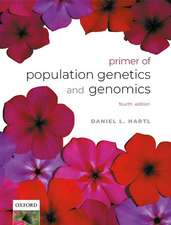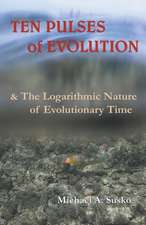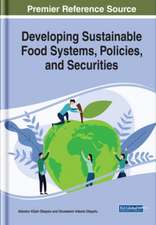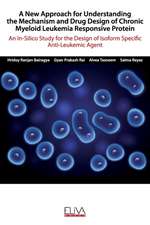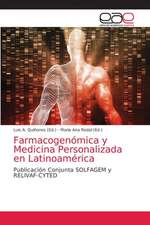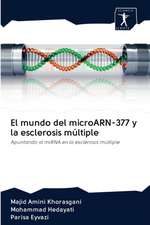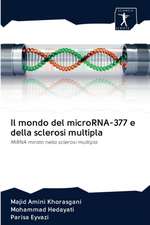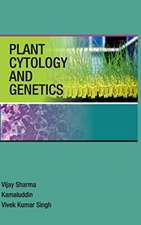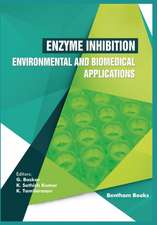Genome Editing and Biological Weapons: Assessing the Risk of Misuse
Autor Katherine Parisen Limba Engleză Paperback – 16 dec 2023
Technologies that enable genome editing with programmable nucleases—including CRISPR, TALEN, and ZFN—allow for the precise genetic modification of organisms and cultured cells. While these technologies are used for a variety of beneficial applications, intelligence and defense experts have raised concerns that genome editing technologies, especially CRISPR, could be misused to develop new and improved biological weapons. Furthermore, experts worry that the number and type of actors who could potentially misuse genome editing is dramatically increasing given the democratization of biology, which is allowing biology to become more accessible to everyone including nonexperts. The book provides a comprehensive assessment of how feasible it is for users with different levels of knowledge and skill to acquire and then to apply the technologies to develop a biological weapon. It also provides an assessment of governability and a tailored set of recommendations that address security concerns. These recommendations are sensitive to the cost-benefit trade-off of regulating genome editing technologies. The book targets researchers as well as intelligence analysts, defense and security personnel, and policymakers.
| Toate formatele și edițiile | Preț | Express |
|---|---|---|
| Paperback (1) | 945.65 lei 6-8 săpt. | |
| Springer International Publishing – 16 dec 2023 | 945.65 lei 6-8 săpt. | |
| Hardback (1) | 951.08 lei 6-8 săpt. | |
| Springer International Publishing – 16 dec 2022 | 951.08 lei 6-8 săpt. |
Preț: 945.65 lei
Preț vechi: 1153.24 lei
-18% Nou
Puncte Express: 1418
Preț estimativ în valută:
180.97€ • 185.33$ • 150.54£
180.97€ • 185.33$ • 150.54£
Carte tipărită la comandă
Livrare economică 18 martie-01 aprilie
Preluare comenzi: 021 569.72.76
Specificații
ISBN-13: 9783031218224
ISBN-10: 3031218221
Ilustrații: XXIV, 266 p.
Dimensiuni: 155 x 235 mm
Greutate: 0.45 kg
Ediția:1st ed. 2023
Editura: Springer International Publishing
Colecția Springer
Locul publicării:Cham, Switzerland
ISBN-10: 3031218221
Ilustrații: XXIV, 266 p.
Dimensiuni: 155 x 235 mm
Greutate: 0.45 kg
Ediția:1st ed. 2023
Editura: Springer International Publishing
Colecția Springer
Locul publicării:Cham, Switzerland
Cuprins
See Attachments
Notă biografică
Dr. Katherine Paris is a Senior Program Analyst with over a decade’s worth of government contracting experience. She is a guest lecturer on homeland security at George Mason University’s Schar School of Policy and Government. Dr. Paris holds a PhD in Biodefense with a concentration in Technology and Weapons of Mass Destruction from George Mason University. She also holds an MS in Biotechnology from Johns Hopkins University and BS in Biology from the University of Virginia. She is a certified Project Management Professional (PMP). Dr. Paris is dedicated to preparing the next generation of national security, technology, and policy leaders and managers in the government through her active participation in the Schar School Alumni Mentoring Program.
Textul de pe ultima copertă
This monograph introduces current genome editing technologies—clustered regularly interspaced short palindromic repeat (CRISPR)-CRISPR-associated (Cas) systems, transcription activator-like effector nucleases (TALENs), and zinc-finger nucleases (ZFNs)—and provides an assessment of the risk of misuse of these technologies based on the following parameters: accessibility, ease of misuse, magnitude of potential harm, and imminence of potential misuse. The findings from this assessment are applied to analyze and evaluate the threat posed by the intentional misuse of genome editing technologies to develop biological weapons. Furthermore, the book discusses the implications of misuse for different applications of genome editing, such as making existing pathogens more dangerous, modifying the human microbiome, weaponizing gene drives, engineering super soldiers, and augmenting the general population to confer economic advantages.
Technologies that enable genome editing with programmable nucleases—including CRISPR, TALEN, and ZFN—allow for the precise genetic modification of organisms and cultured cells. While these technologies are used for a variety of beneficial applications, intelligence and defense experts have raised concerns that genome editing technologies, especially CRISPR, could be misused to develop new and improved biological weapons. Furthermore, experts worry that the number and type of actors who could potentially misuse genome editing is dramatically increasing given the democratization of biology, which is allowing biology to become more accessible to everyone including nonexperts. The book provides a comprehensive assessment of how feasible it is for users with different levels of knowledge and skill to acquire and then to apply the technologies to develop a biological weapon. It also provides an assessment of governability and a tailored set of recommendations that address security concerns. These recommendations are sensitive to the cost-benefit trade-off of regulating genome editing technologies. The book targets researchers as well as intelligence analysts, defense and security personnel, and policymakers.
Technologies that enable genome editing with programmable nucleases—including CRISPR, TALEN, and ZFN—allow for the precise genetic modification of organisms and cultured cells. While these technologies are used for a variety of beneficial applications, intelligence and defense experts have raised concerns that genome editing technologies, especially CRISPR, could be misused to develop new and improved biological weapons. Furthermore, experts worry that the number and type of actors who could potentially misuse genome editing is dramatically increasing given the democratization of biology, which is allowing biology to become more accessible to everyone including nonexperts. The book provides a comprehensive assessment of how feasible it is for users with different levels of knowledge and skill to acquire and then to apply the technologies to develop a biological weapon. It also provides an assessment of governability and a tailored set of recommendations that address security concerns. These recommendations are sensitive to the cost-benefit trade-off of regulating genome editing technologies. The book targets researchers as well as intelligence analysts, defense and security personnel, and policymakers.
Caracteristici
Introduces to the state-of-the-art genome editing techniques CRISPR, TALEN and ZFN
Assesses the risk of misuse of genome editing technologies in a comprehensive manner
Discusses applications of genome editing techniques in bioweapon development
Assesses the risk of misuse of genome editing technologies in a comprehensive manner
Discusses applications of genome editing techniques in bioweapon development
